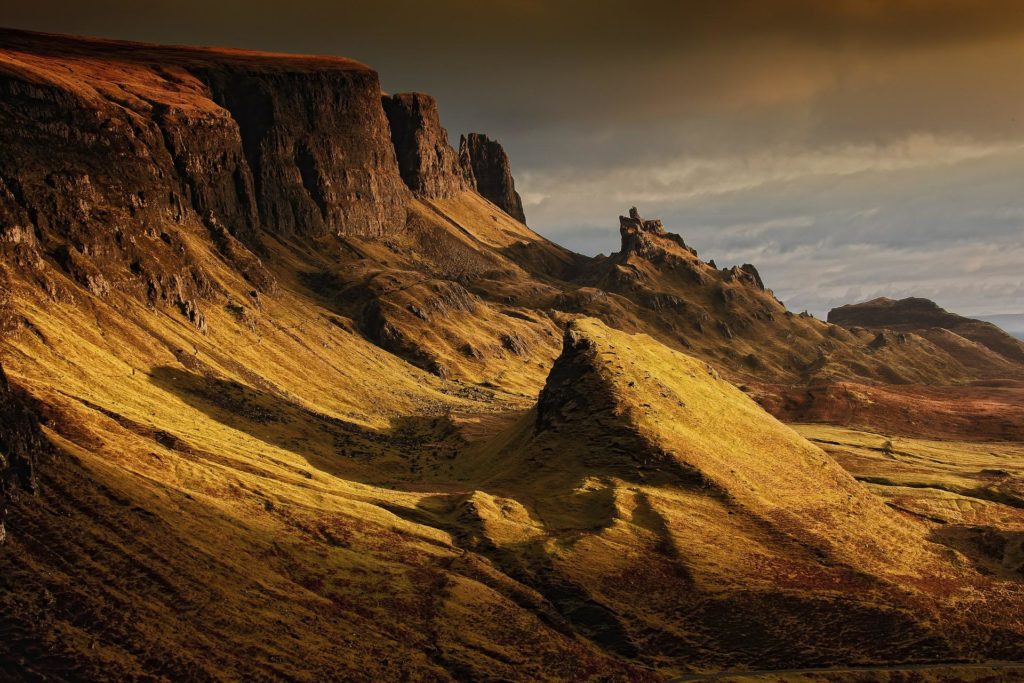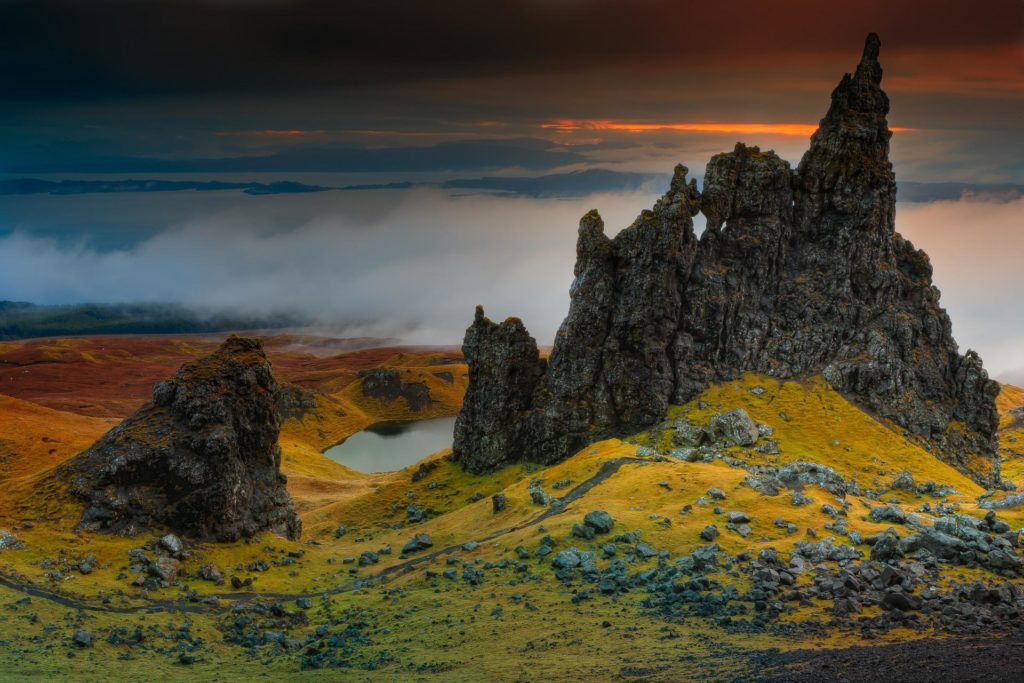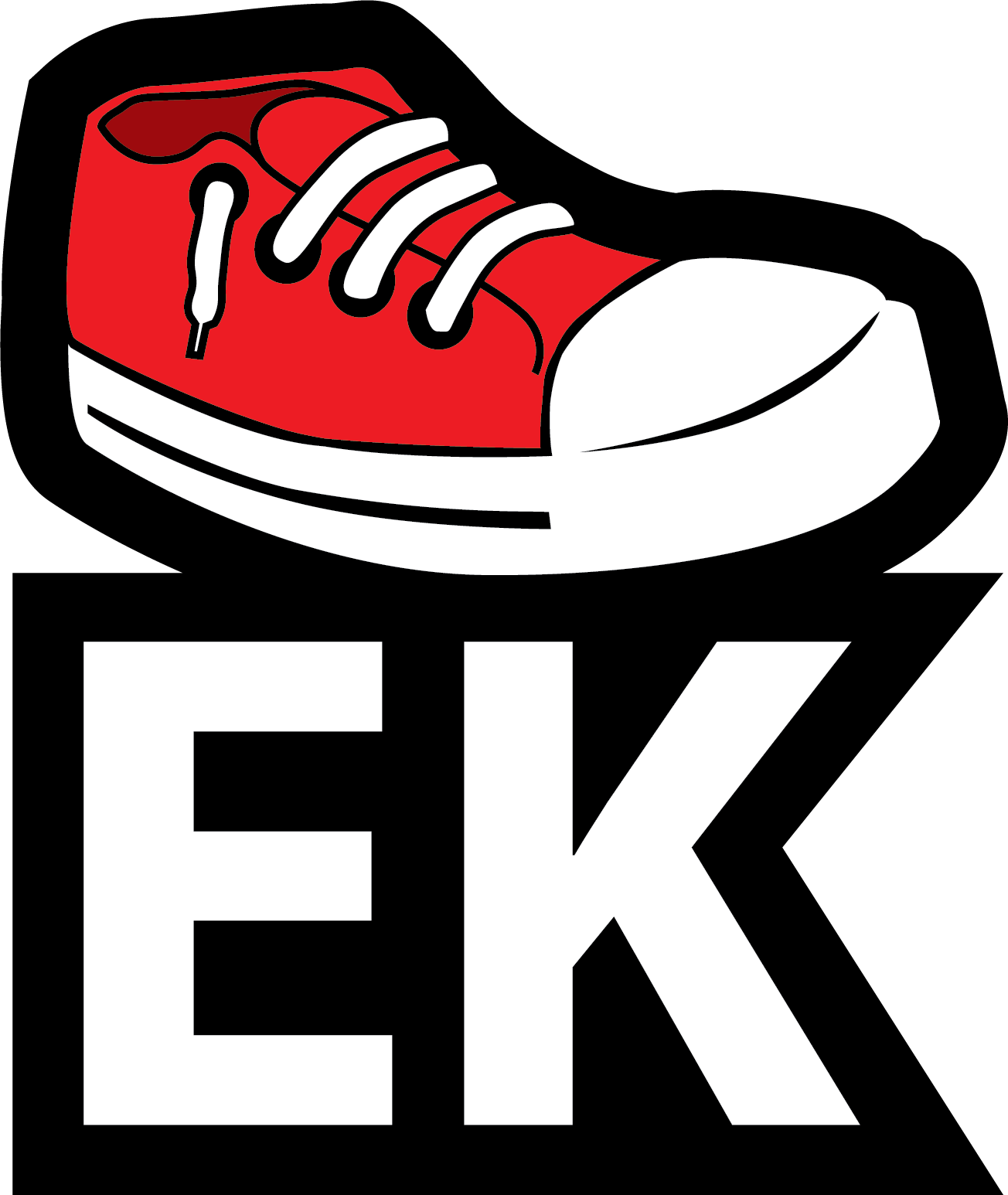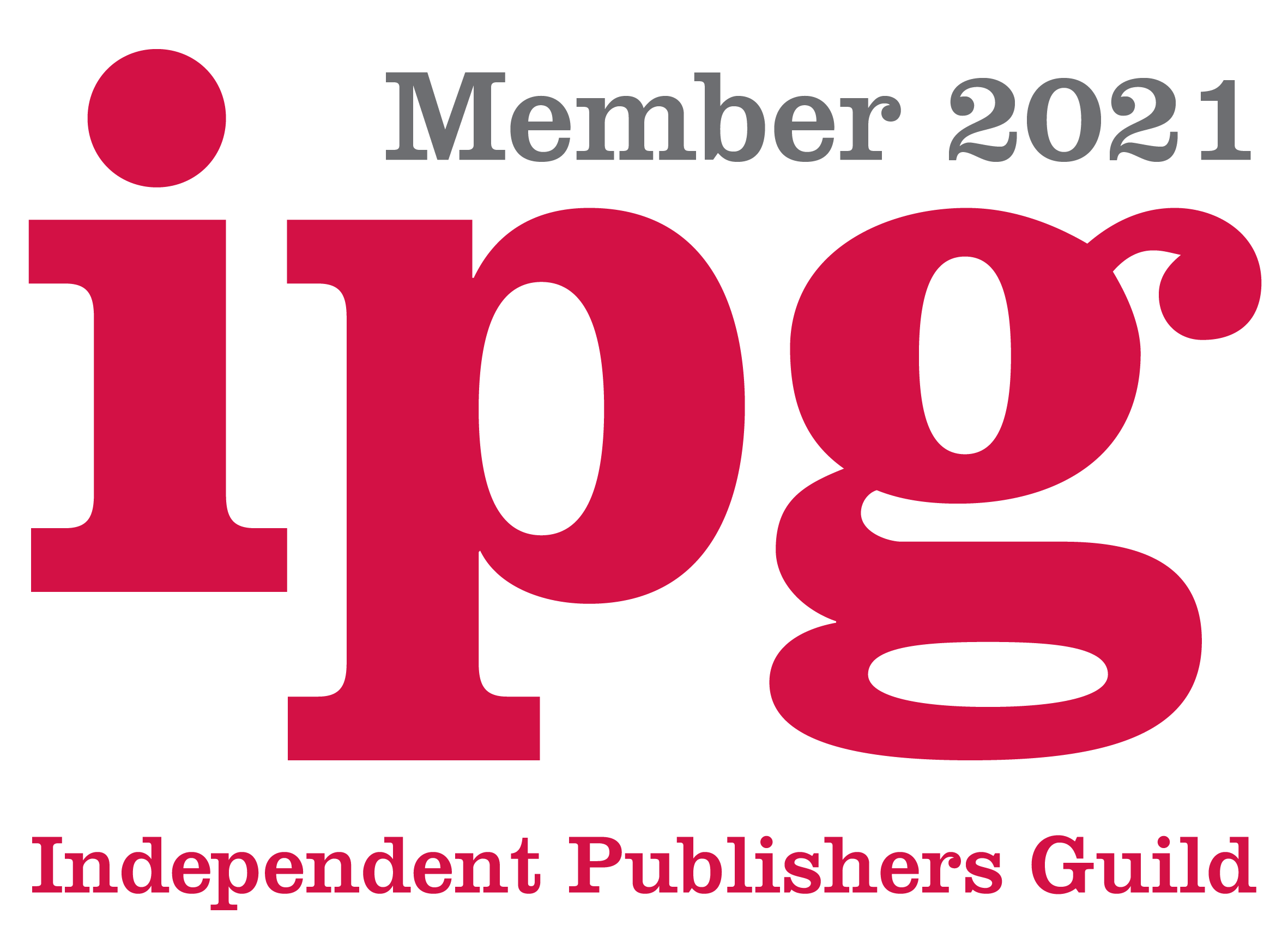Story by Jane Va’afusuaga (nee Davitt)
Runner up in 'What Scotland Means to Me' writing competition
I was conceived in Scotland or, to be more precise, in Glasgow. My dad grew up in Pollok and my mum’s family were from Knightswood. My parents met in a dance hall in the 1950s. My mum and her friend used to stand up at the dances because they were quite tall for Scottish women and they didn’t want to dance with any short men.
My dad spotted her, walked over and asked, “Are ye dancing?”
“Are ye askin?” Mum replied.
“I’m askin,” said Dad.
“I’m dancing,” Mum said.
They were married on a Tuesday in December 1959. Both mothers wore their fur coats to the wedding.
My older sister was born in Glasgow. When Mum was pregnant with me, my parents boarded a ship and emigrated to New Zealand. I was born three months after they arrived. Four years later my younger sister was born.
My sisters and I were Kiwi kids living in a Scottish household. We grew up wearing jandals, riding bikes and swimming at the beach. My parents never lost their broad Scottish accents. Mum made our meals on the cooker, hoovered the house and went for the messages. We ate mince and tatties at least once a week and black pudding as a treat but Dad was the only one who would touch fish roe. Dad’s favourite meal was steak, eggs, mushrooms and chips. The local shopkeepers called Mum Mrs MacDavitt, even though there was no Mac in front of our name. The local butcher made her square sausages to order.
When my Kiwi friends visited, Dad would talk away to them. They would look at him quizzically and then politely say, “Pardon?” Dad would often ask us, “Are ye all right, Hen?”
Every Sunday morning at 9am, our house was silent for 5 minutes when the blips from the BBC were heard on the radio. The British Football results were announced by a man with a posh English accent and Dad checked the pools. We attended the local Presbyterian church where our Sunday School teacher had a Scottish accent.
We had no family in New Zealand, but Dad coached soccer and Mum enrolled us in Scottish Country dancing lessons at the local school hall, so we met other Scottish families and gained several Uncles and Aunts with Scottish accents and cousins with Kiwi ones.

We’d stand on the side line at soccer matches, listening to our fathers calling out to each other in British accents and somehow felt at home. Scottish Country Dancing was run by a fearsome woman called Mrs Turner. She played Scottish records on a turntable and called out the dancing instructions loudly. If we were chewing gum, she would look at us disapprovingly and ask, “Have ye no finished ya dinner yet?”
Whenever we heard bagpipes, something would stir in our hearts. We grew up listening to Andy Stewart, The Bay City Rollers and Rod Stewart. We screamed with laughter watching Billy Connolly on TV.
Mum always looked lovely dressed up in her white blouse with a brooch at her neck and a long tartan skirt when she and Dad went to the soccer club dances. Over the years, we all wore our fair share of tartan, including kilts sent from Scotland.
Christmas came to our house in October. Mum would spend weeks buying calendars and tea towels depicting New Zealand scenes. She put Christmas cards in envelopes with Scottish addresses. Dad wrapped the gifts in brown paper and tied the parcels with string, ready to go on the boat in time to get to Scotland by Christmas. Mum said she never got used to having Christmas in the heat and she always referred to Scotland as home.
Hogmanay was always a big deal for our local Scottish community. Mum and Dad would go to a dance and leave just after midnight to go first footing at all their friends’ houses. We’d wake up when we heard the group arrive at our door laughing and shouting “Happy New Year!” There would always be a tall, dark man to cross over our doorstep carrying a bottle of whiskey in one hand and a lump of coal in the other.
It was exciting to receive cards and parcels in the mail all the way from Scotland for birthdays and Christmas. Gran would save all the Sunday Post newspapers, bundle them up and send them to us by sea mail. When they arrived three months later Dad would read them from cover to cover, especially the sports section and us girls would fight to be the first to read “Oor Wullie” and “The Broons” in the middle of the paper.
Aerogramme letters and phone calls kept us connected to our family in Scotland. One year my Gran and my Uncle came out to visit us in New Zealand. I swear my parents’ accents suddenly got thicker as the memories flowed and they all stayed up talking late into the night.
Our dad’s name was William after his father. Everyone in NZ called him Bill but Gran always referred to him as “Oor Sonny”.
I was 24 when I finally got to visit the land where I was conceived. My younger sister and I flew halfway across the world arriving at Glasgow airport at 6am one January morning. It was so cold but we were so excited to finally be on Scottish soil. We got into a black taxi cab and gave the driver directions to our Gran’s house. In a broad Glaswegian accent, he said, “It’s freezing oot! I’ll put the heater on for ye” and we nearly cried with joy at the sound of his voice.
We arrived at our Gran’s, were greeted with hugs and invited into her warm house. We took off our heavy coats, hung them on the coat stand and my uncle went into the kitchen to put the kettle on. Tears pricked in my eyes and I realised I was home.

Our older sister arrived from New Zealand. We spent three weeks in Scotland, visiting family and getting to know them. We loved hearing stories about our Dad. “Oor Sonny did this and oor Sonny did that”. We drank copious cups of tea and ate our Uncle’s favourite Blue Riband biscuits from Tescos.
Our cousins introduced us to Irn Bru and bought us a fish supper with deep fried haggis. We went to an Indian restaurant where to our delight, the owner wore a turban and spoke with a Glaswegian accent. At McDonalds, the young man behind the counter asked us, “Wud ye like fries with tha?” in his beautiful Glaswegian accent and my sisters and I laughed so hard that we cried.
In Scotland my younger sister was referred to as “the wean” just as our Dad had called her for many years. One day she stood up next to my aunties who were both only 5 foot and asked good naturedly, “Aye, who are ye callin’ the wean?”
We loved our relatives’ Scottish accents and totally understood their sense of humour. It was great to be home. It almost felt like our Dad was alive again.
We visited our mum’s family too. We went to see the street where her parent’s shop used to be and the house she grew up in. We spoke with the owners and they told us a blind girl had lived in the house many years ago. “Yes,” we said, excitedly. “That’s our Aunty Ella!”
We went sight-seeing in Glasgow and visited Stirling Castle and Wallace Monument. We watched Braveheart on DVD with our cousins. One day it started snowing. We were really excited, but our uncle was dismissive,
“Tha’s no snaw,” he said. “It’s sleet!”
We took a bus to Dundee to visit Mum’s sister, Ella. Our Aunty lived quite independently in “the multis” a block of multi-storey flats. We walked into the building and a lady got out of the lift wearing a tartan skirt, a fair isle jumper and carrying a white cane. She was the spitting image of our mother.
We spent a week with Ella, sight-seeing in Dundee and visiting family in the picturesque seaside village of Crail. Most of all we loved listening to stories of her childhood, and learnt all about Big Gran and Wee Gran and her holidays with relatives in Lockerbie.
We spent our last week of our first visit to Scotland at our Gran’s house in Glasgow. My sister and I sat with her in the lounge for hours, surrounded by photos of her children and their families just listening to her talk. I couldn’t believe I was here in the city where my parents were born, met and were married and the place where I was conceived.
In New Zealand, there is a Māori concept – Turangawaewae – which literally means a place to stand. It’s the place where you belong. On that trip to Scotland I discovered that my Turangawaewae is in Glasgow.



